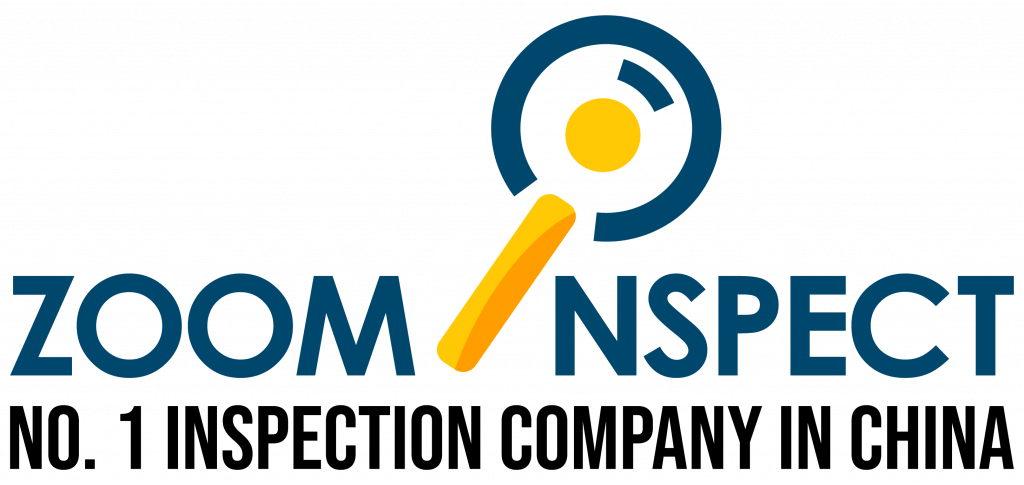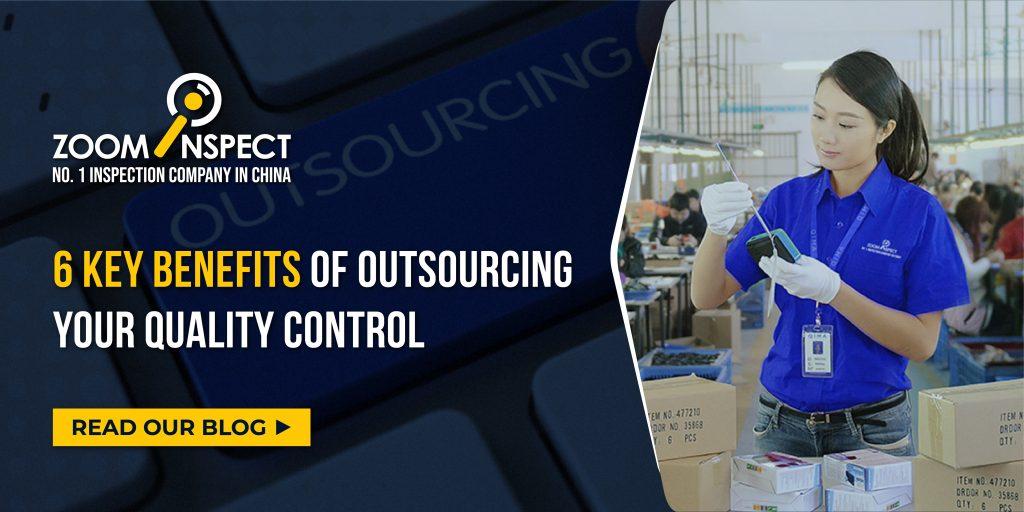In recent times, the pre-shipment quality check has been incorporated as a critical face in quality control and supply chain management, by almost every leading company across the globe. This strategy ensures that quality standards are assessed and maintained prior to making payments. Insourcing and outsourcing are the approaches to attain supreme quality control.
In former years, most companies preferred insourcing for which an in-house team is assigned the task of carrying out a quality check. Although an in-house team is more familiar with a company’s goals and working environment; extra workload, difficult expansion, and higher initial training outlay are its major cons. On the contrary, the business now is increasingly outsourcing their quality check to avail a list of benefits that accompany this strategy.
Outsourcing quality control in essence:
Outsourcing your quality control simply means contracting with a third-party provider to perform your product quality operations such as inspection services and quality control audits. It is usually done with the expectations of achieving better quality in lower costs.
It allows the team members to focus on the core functions such as product development, retail, and sourcing while delegating tasks that are not central which include ready-to-control quality via compliance regulation and testing techniques. In order to meet the deadlines, outsourcing quality control can ensure that no fundamental stage in quality production is neglected.
Outsourcing quality assurance: a crossroad for your business
When a business, regardless of its extent, makes a decision to hire an independent third-party company for performing quality checks on its products; it allows the team to shift their focus to other important aspects of business without worrying about maintaining quality standards. Cost-effectiveness, increased efficiency and regulation, unbiased expert advice, potential improvement along with access to the global market are the benefits you can reap by deciding to outsource quality control. The aforementioned benefits are described in the next few points so make sure you keep reading.
- Reduce your expenditure
Outsourcing quality assurance has been proven to be a cost-effective strategy for companies as it cuts down expenditures related to skilled internal labor and technology resources. Additionally, it converts fixed costs into variable costs. Investment in the latest technology accompanied by training of the internal staff might not be possible for a financially constrained enterprise. A third-party quality services provider already has these resources in plenty so the job is carried out effectively within a minimal budget.
- Improved efficiency
By outsourcing quality control, an increase in productivity and competitive advantage, in the long run, is established as the internal resources are available for other projects. Furthermore, quick shifts can be made to align quality control and market trends. Strict timeframes as well as delays due to seasonal trends, time zone differences and regional risks can result in a low-quality output which can be counteracted by the provided expertise. Additionally, a third party is more capable of completing the specifically assigned tasks in a shorter period of time.
- Unbiased expert review
Independent quality control provides companies with hire specific teams of highly skilled professionals for different industries in your service. Involving an independent third party ensures that the process as well as the final reports remain insightful and completely unbiased. Moreover, it is their piece of work to keep abreast of the latest innovations and modifications in methodologies together with investing in newer equipment.
- Potential for continuous improvement
Outsourcing quality control provides an opportunity to point out the deviations in the final product as they occur because the expertise provided by a third-party team can assess potential risks and possible solutions, which ensures continuous room for improvement. Tracking out the root cause of the problem and taking corrective actions becomes easier due to easy accountability. In return, the supply chain is optimized and quality standards are maintained.
- Fastened access to the global market
Generally, large-scale companies that provide quality inspection services have a team of inspectors in different regions. They fulfill the required skill set when dealing with cultural barriers in different locations. Their suggestions and directions can help in expanding your business globally. Quality control audits that are also performed by these providers reduce traveling hurdles to various factory sites and warehouses. Outsourcing can also help to meet international market requirements for every product.
- Better compliance control
Globally, a surge has been reported in the number of companies that now contract with third-party organizations to ease their regulatory burdens. Outsourcing also prevents disruptions in compliance management and therefore avoids penalties and negative repercussions.
Now that the benefits of outsourcing your quality control have been highlighted, it is essential to mention the disadvantages as well. As reported by the consumers of these services worldwide, the only challenges you might face during outsourcing are the search for a reputable quality control provider and the trust factor. It is of prime importance to partner with the right third-party company that can help you avail all the aforementioned outcomes via their refined quality assurance services. To achieve favorable outcomes, every party involved should view the process as a partnership, rather than just an outsourcing contract. To sum things up, vigilant planning and proper execution are the way to go for manageable outsourced quality control.


